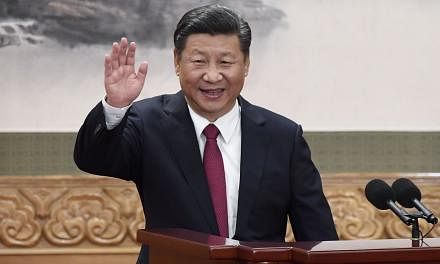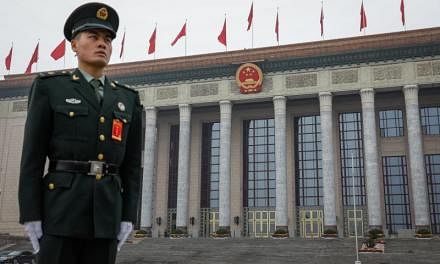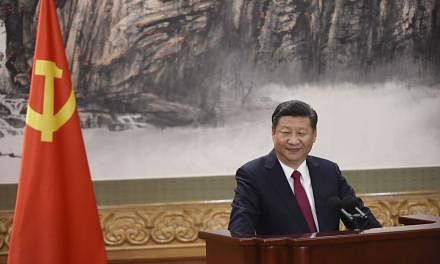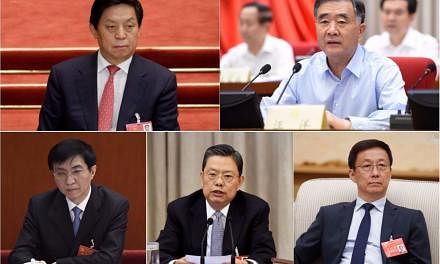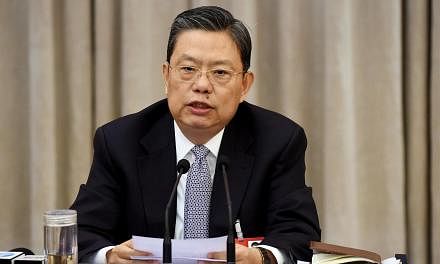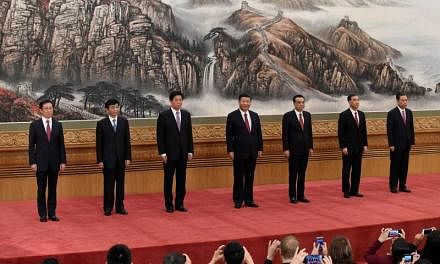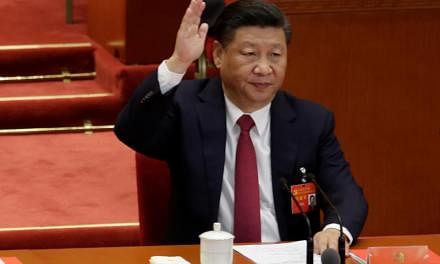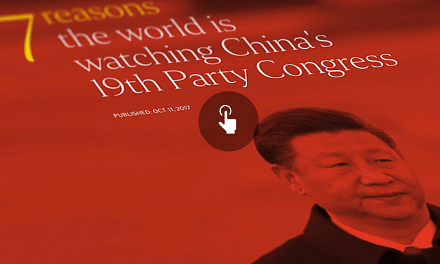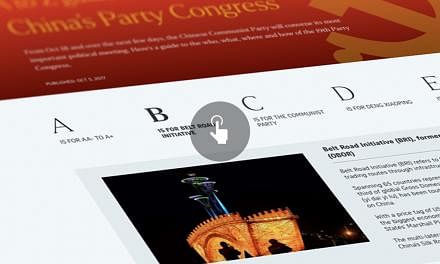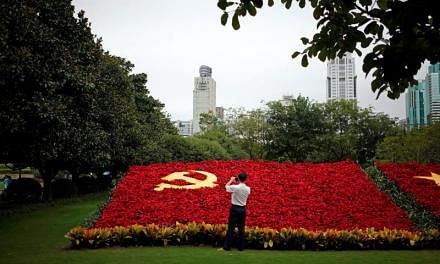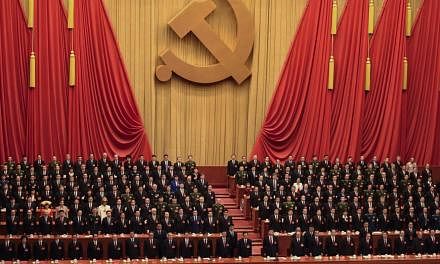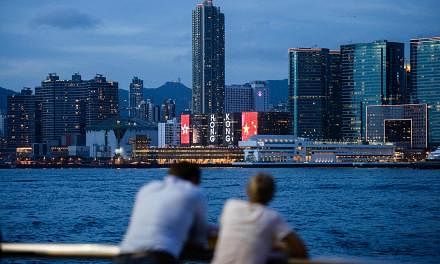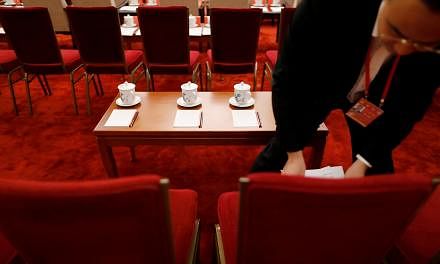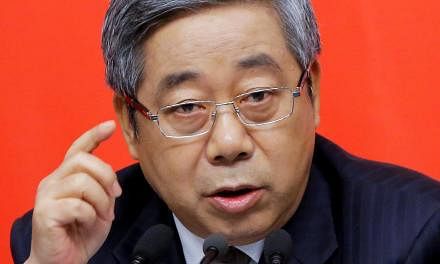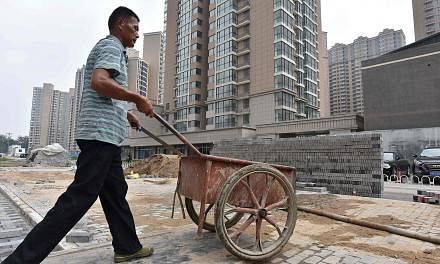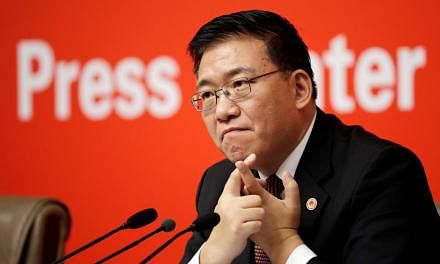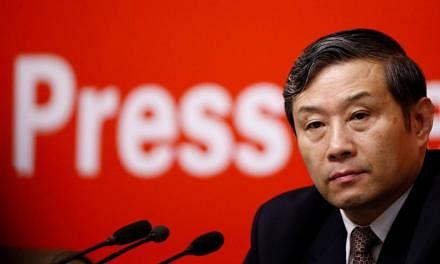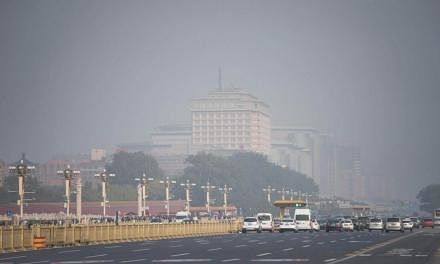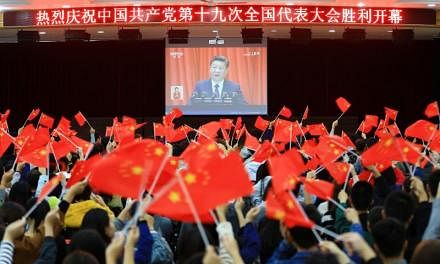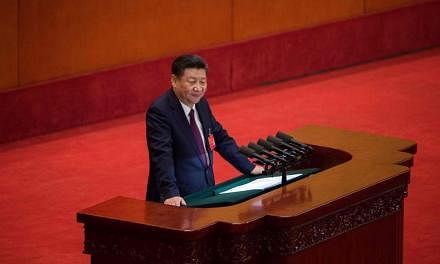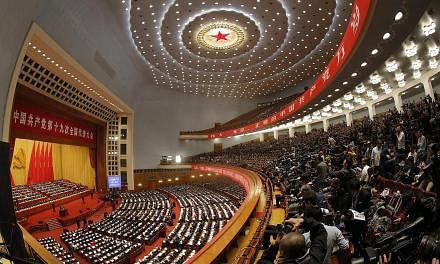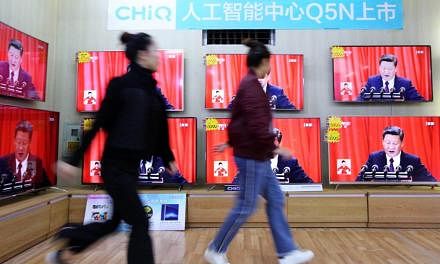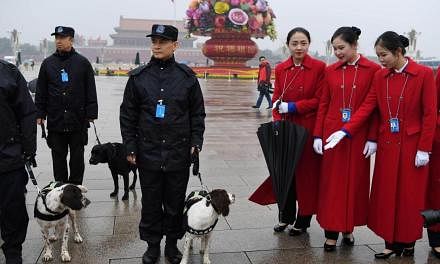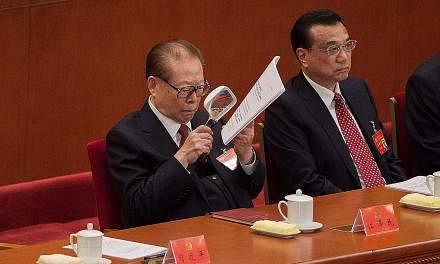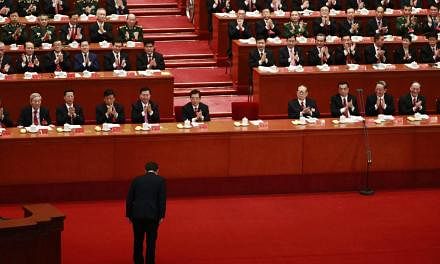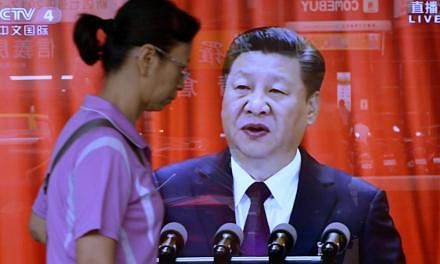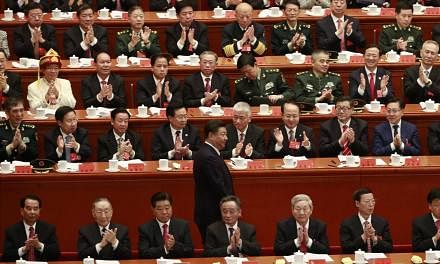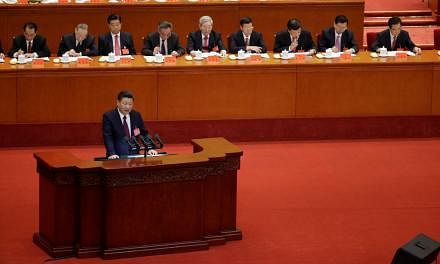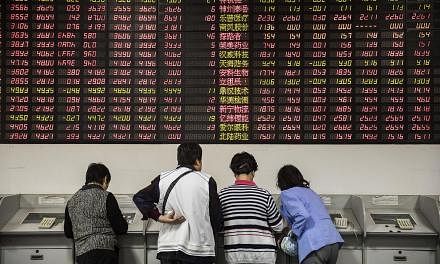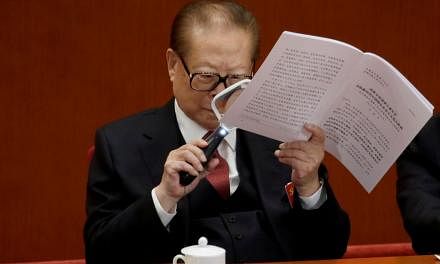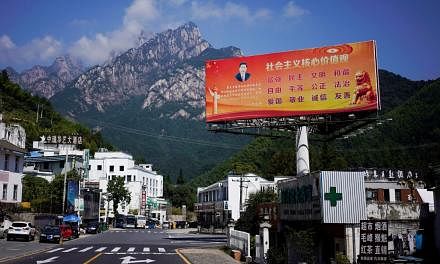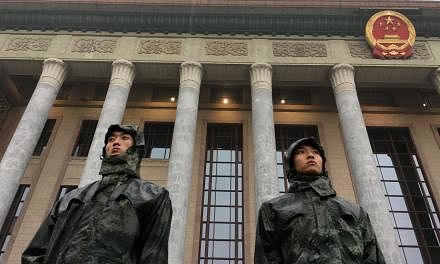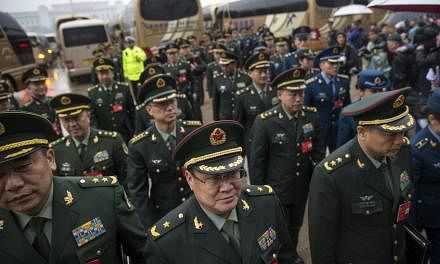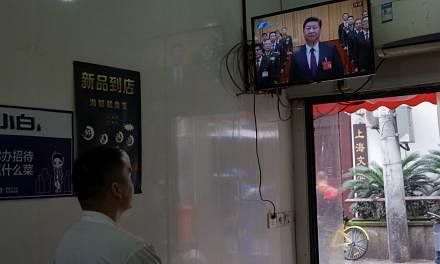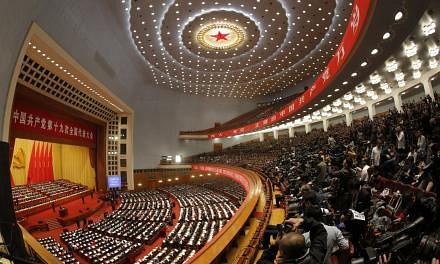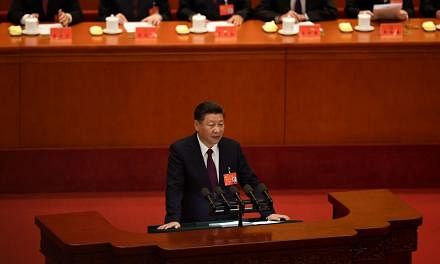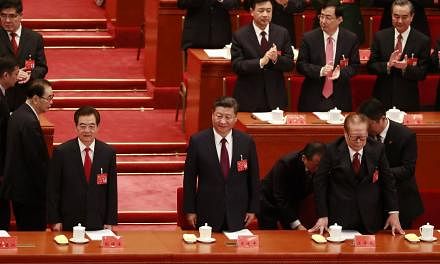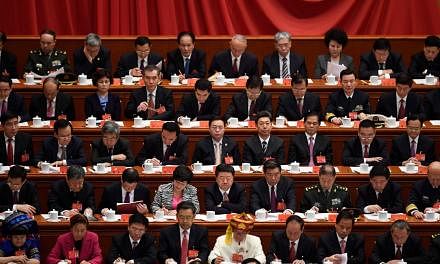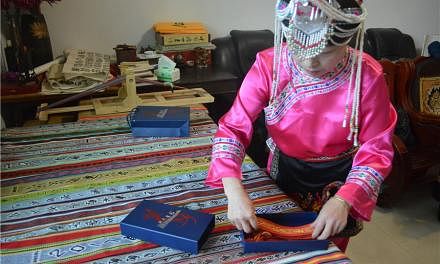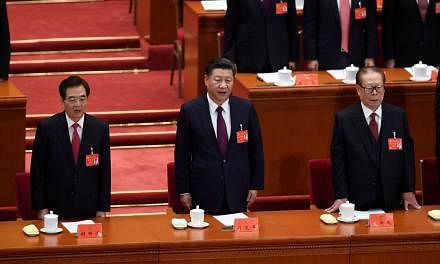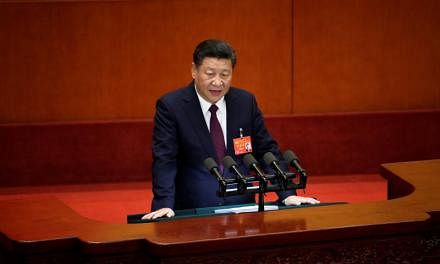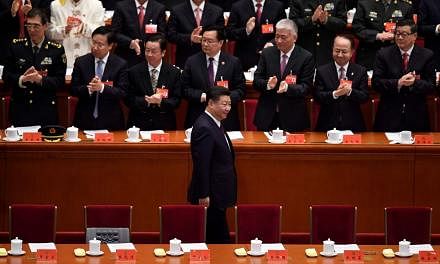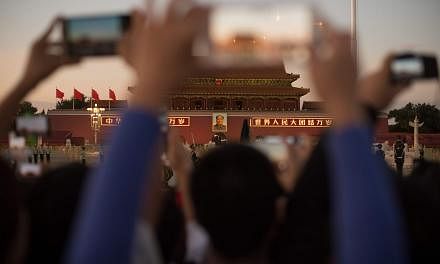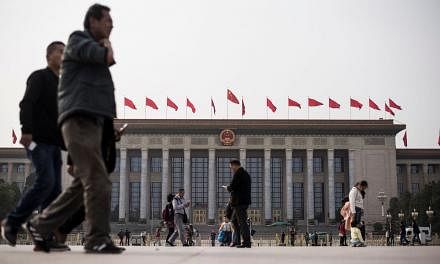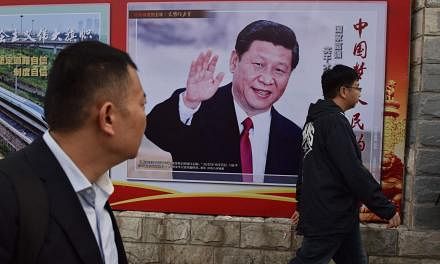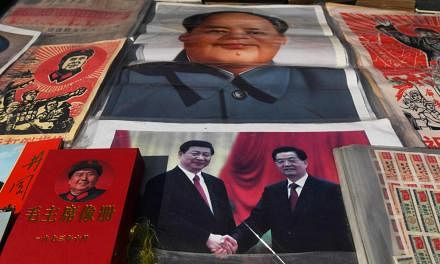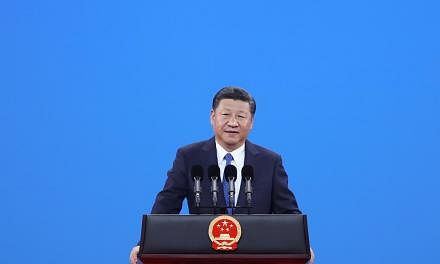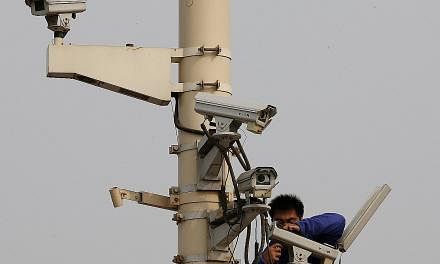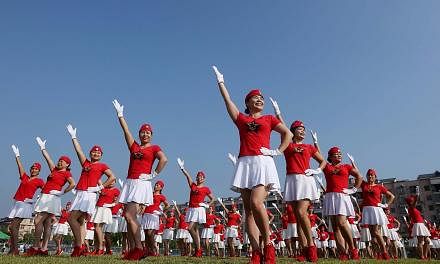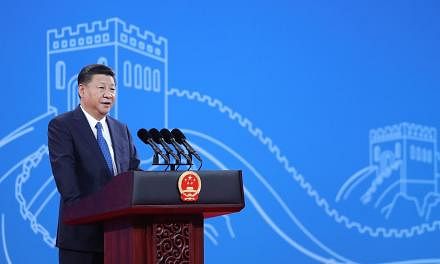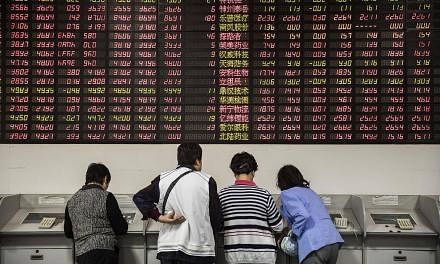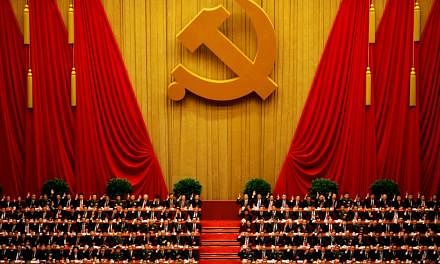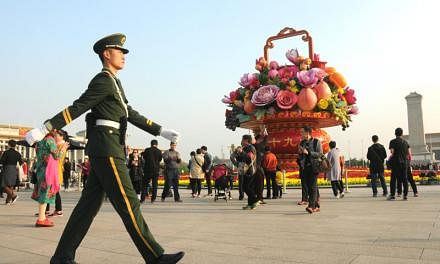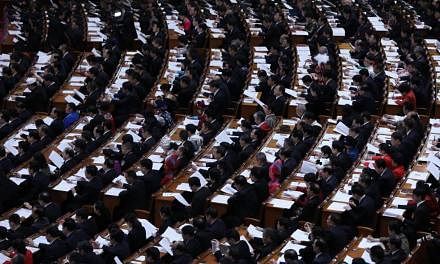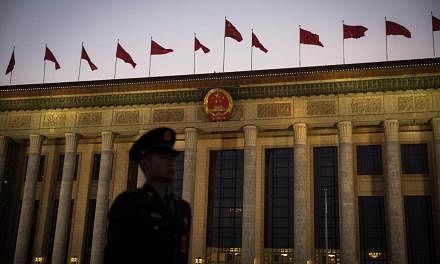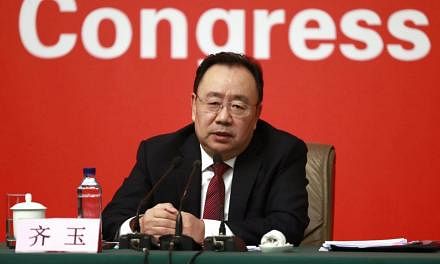With several members of the top decision-making bodies of the Chinese Communist Party (CCP) expected to step down at the upcoming congress, Chinese President Xi Jinping will get a chance to promote his allies to these key positions.
The CCP holds five-yearly national congresses at which a new central committee is elected by over 2,000 delegates representing its more than 88 million members. The Central Committee elects members of the Politburo and the Politburo Standing Committee (PSC), the top decision-making body.
However, observers say such elections, particularly of PSC and Politburo members, are mere formalities. The new members would have been decided ahead of the congress through horse-trading among various party factions. Observers like the Hong Kong-based Willy Lam say things could change even right up to the last weeks before the congress starts.
There are some unwritten rules regarding the selection of new members to the two bodies.
One is that members of the new PSC are drawn from the current Politburo with the exception of younger leaders promoted in preparation to succeed the party general secretary and state premier.
Another is an unwritten retirement age of 68. This means whoever is 68 or above at the time of the congress will have to step down. Those 67 and below can hope to be promoted to higher office or remain in the Politburo for another term. Based on this rule, five members of the current seven-member PSC and 10 of the 25-member Politburo will have to step down.
Given that many current Politburo members are allies of his predecessor Hu Jintao, Mr Xi will find it hard to fill a majority of the vacant positions in the PSC with his men unless he reduces the number from seven to five.
There is speculation that he might do just that. The PSC has had up to nine members - always an odd number - in its history.
Mr Xi might also avoid naming successors-in-waiting to the PSC, an unwritten norm, which is bound to fuel speculation that he intends to go for a third term in office in 2022. This would break another tacit rule - that the party's top leader serves no more than two five-year terms.
President Xi may also break the age-limit rule by having Mr Wang Qishan, his 69-year-old anti-corruption czar and strongest ally in the current PSC, stay on for another term. Hints of this possibility came last October when a senior official with a party think-tank said any convention regarding age limit was party practice that "can sometimes be adjusted as needed".
However, media reports say Mr Wang wishes to retire.
Other Politburo members linked to Mr Xi include Mr Li Zhanshu, 67, director of the party's Central General Office, whose friendship with Mr Xi goes back three decades. Another Xi confidant is Mr Zhao Leji, 60, director of the Organisation Department which handles personnel matters. Both men are tipped by Dr Lam to be promoted to the PSC.
Another strong contender for the PSC is Vice-Premier Wang Yang, 62. He and Premier Li Keqiang belong not to Mr Xi's camp but to the Communist Youth League faction or tuanpai.
Others who are more neutral are Shanghai party secretary Han Zheng, 63, and Mr Wang Huning, 61, Mr Xi's policy adviser.
The sole sixth-generation Politburo member, Guangdong party boss Hu Chunhua, 54, has an outside chance of entering the PSC. He belongs to the tuanpai and is also a potential successor to current top leaders. Chongqing party chief Chen Min'er, 57, a Xi protege who is not in the Politburo, also has a chance.
Eyes are also on which of Mr Xi's proteges will be promoted to the Politburo.
In recent years, Mr Xi has been fast-tracking his proteges - those who worked with him when he was in leadership roles in Fujian and Zhejiang provinces and Shanghai - and those who have shown loyalty to him, to positions that will allow them to rise to the Politburo.
How many of his allies Mr Xi is able to appoint to the Politburo will be one measure of the amount of power he has amassed.

